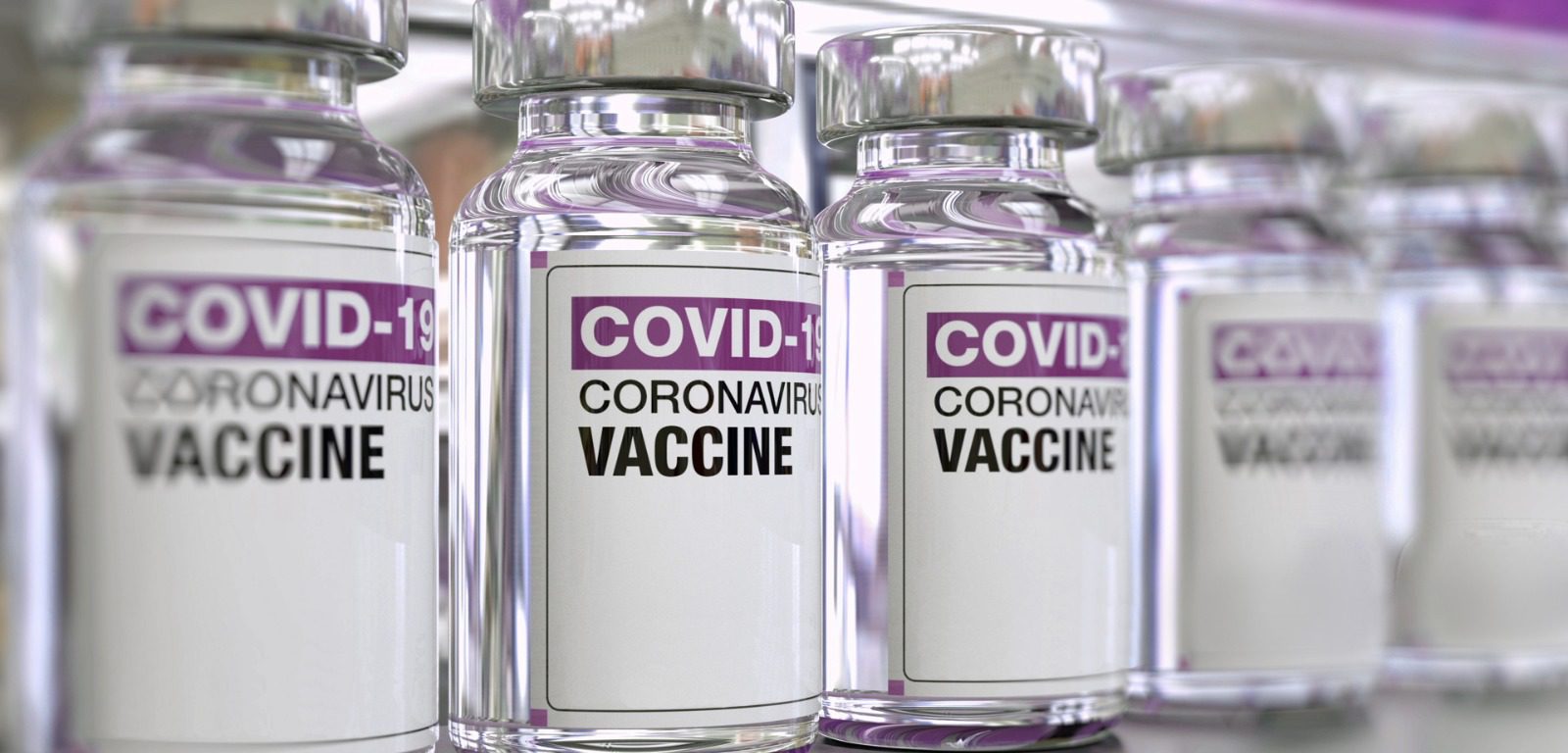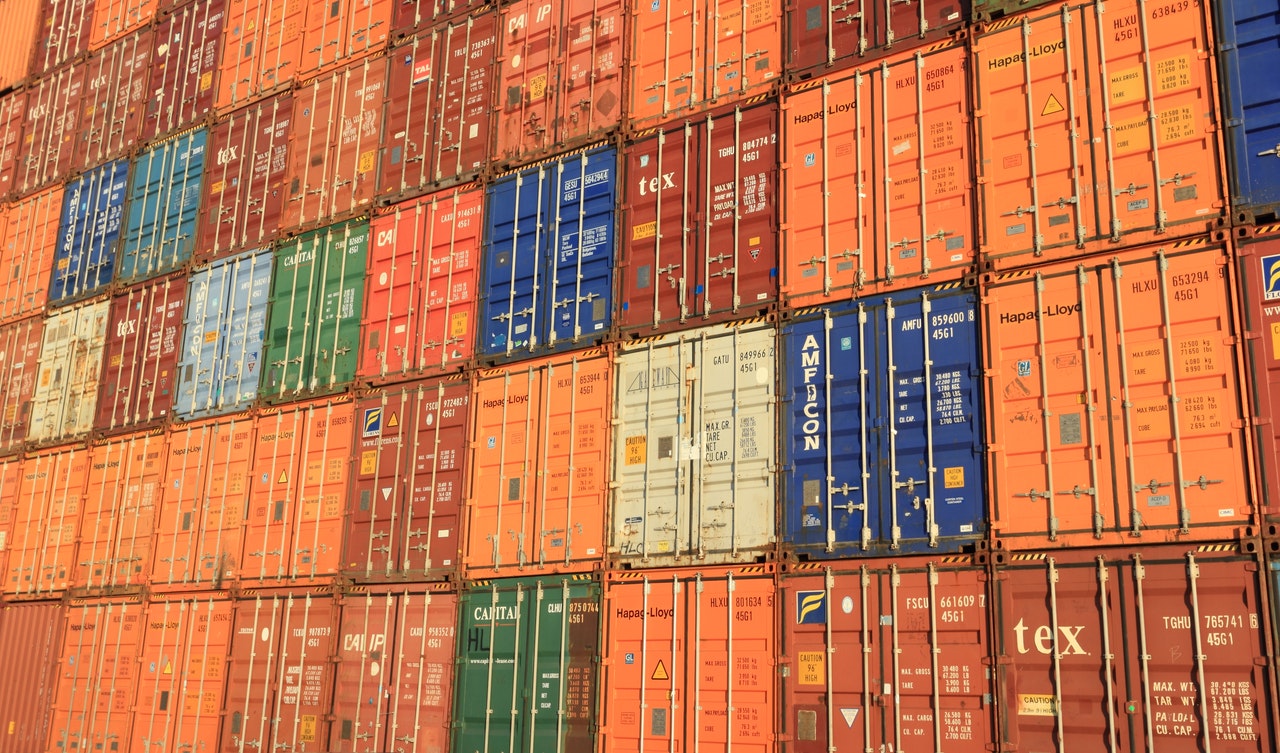The European Medicines Agency issued a press statement on Wednesday saying unusual blood clots with low blood platelets should be listed as a very rare side effect of the AstraZeneca vaccine, now rebranded as the Vaxveria vaccine.
It also added that the benefits of the AstraZeneca COVID-19 vaccine still outweigh the risks.
“In reaching its conclusion, the committee took into consideration all currently available evidence, including the advice from an ad hoc expert group,” the EMA statement reads.
“EMA is reminding healthcare professionals and people receiving the vaccine to remain aware of the possibility of very rare cases of blood clots combined with low levels of blood platelets occurring within two weeks of vaccination. So far, most of the cases reported have occurred in women under 60 years of age within two weeks of vaccination. Based on the currently available evidence, specific risk factors have not been confirmed.
“People who have received the vaccine should seek medical assistance immediately if they develop symptoms of this combination of blood clots and low blood platelets.”
Its recommendation followed an investigation of 86 reported blood clots in vaccinated people, of which 18 were fatal.
This latest development does not augur well for the EU’s drive to accelerate its sluggish COVID-19 vaccination campaign and speed up economic recovery. According to an internal memo seen by Blomberg, a majority of EU member states will have enough COVID-19 vaccine supplies to immunise the majority of residents by end June, much earlier than the EU’s official target.
This however came before the EMA’s latest statement regarding AstraZeneca’s “very rare side effect” of potentially fatal blood clots. When questions arose following the death of an Austrian woman 10 days after taking the jab early in March, six EU countries had suspended the use of the vaccine pending an EMA assessment.
A preliminary assessment by the EMA had concluded that jab to be “safe and effective,” resulting in countries continuing its use on residents. It remains to be seen whether EU member states will suspend its use following this latest advice.
Reports by Euronews indicate that the EU is banking on home-grown COVID-19 vaccines amid supply issues and a sluggish roll-out. France will start manufacturing coronavirus vaccines on its territory on Wednesday, the Finance Minister said, with the goal to produce 250 million doses by the end of the year.
In Germany, BioNTech is setting up a giant production facility in Marburg that it says can produce up to a billion doses this year alone.
The moves come as the World Health Organization said last week the rollout of vaccines in Europe was “unacceptably slow”.
Locally, no cases of blood clots have been reported by people who have received the AstraZeneca jab. In replying to questions from the press on Wednesday morning, Deputy Prime Minister and Health Minister Chris Fearne assured the public that if guidelines for the AstraZeneca vaccine urged a pause in the programme, the Johnson and Johnson vaccine would be arriving in a matter of weeks.
Ferrari unveils ‘Luce’: Its first fully electric supercar set for 2028
Pricing is anticipated to sit well above €500,000
Malta’s trade deficit narrows as import shifts and export rebalancing continue in 2026
Over the full year, Malta’s trade deficit narrowed by €444.1 million compared with 2024
Thinking of housing as part of an urban system: what Malta can learn from Singapore’s public housing
Five lessons we can take from the nation twice the size of Malta






